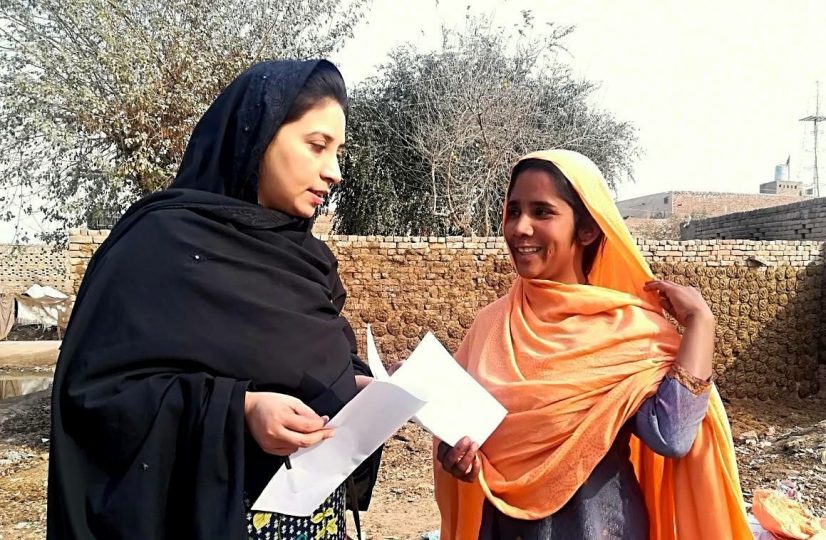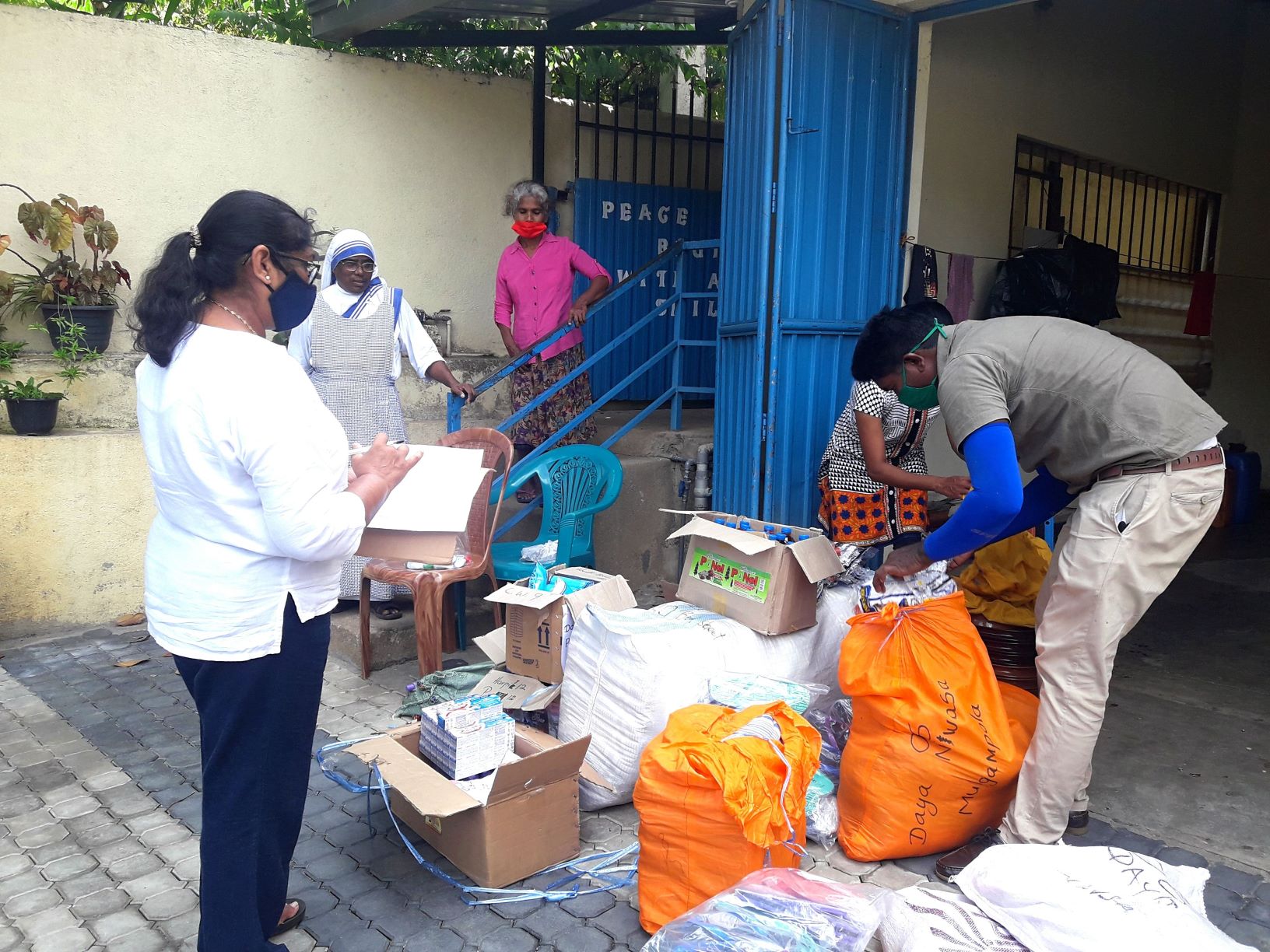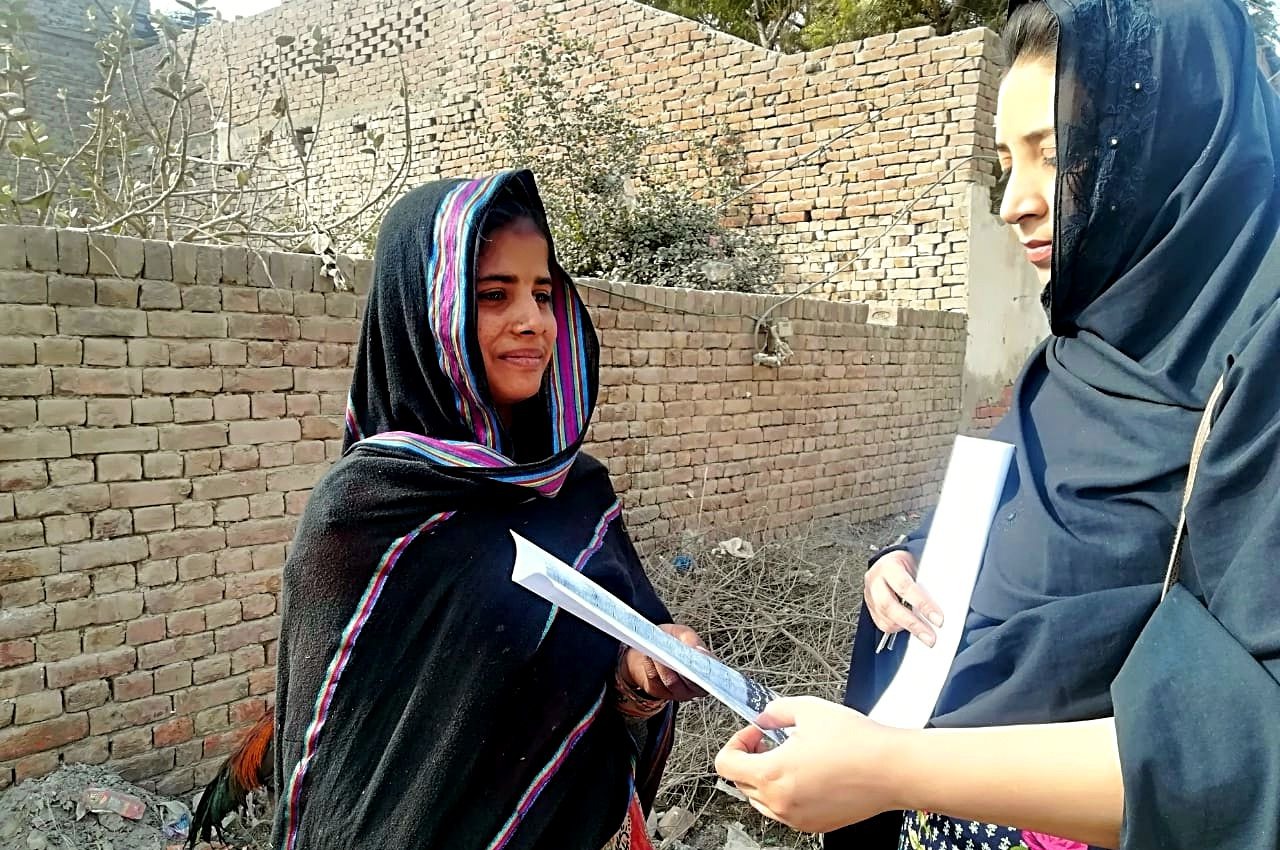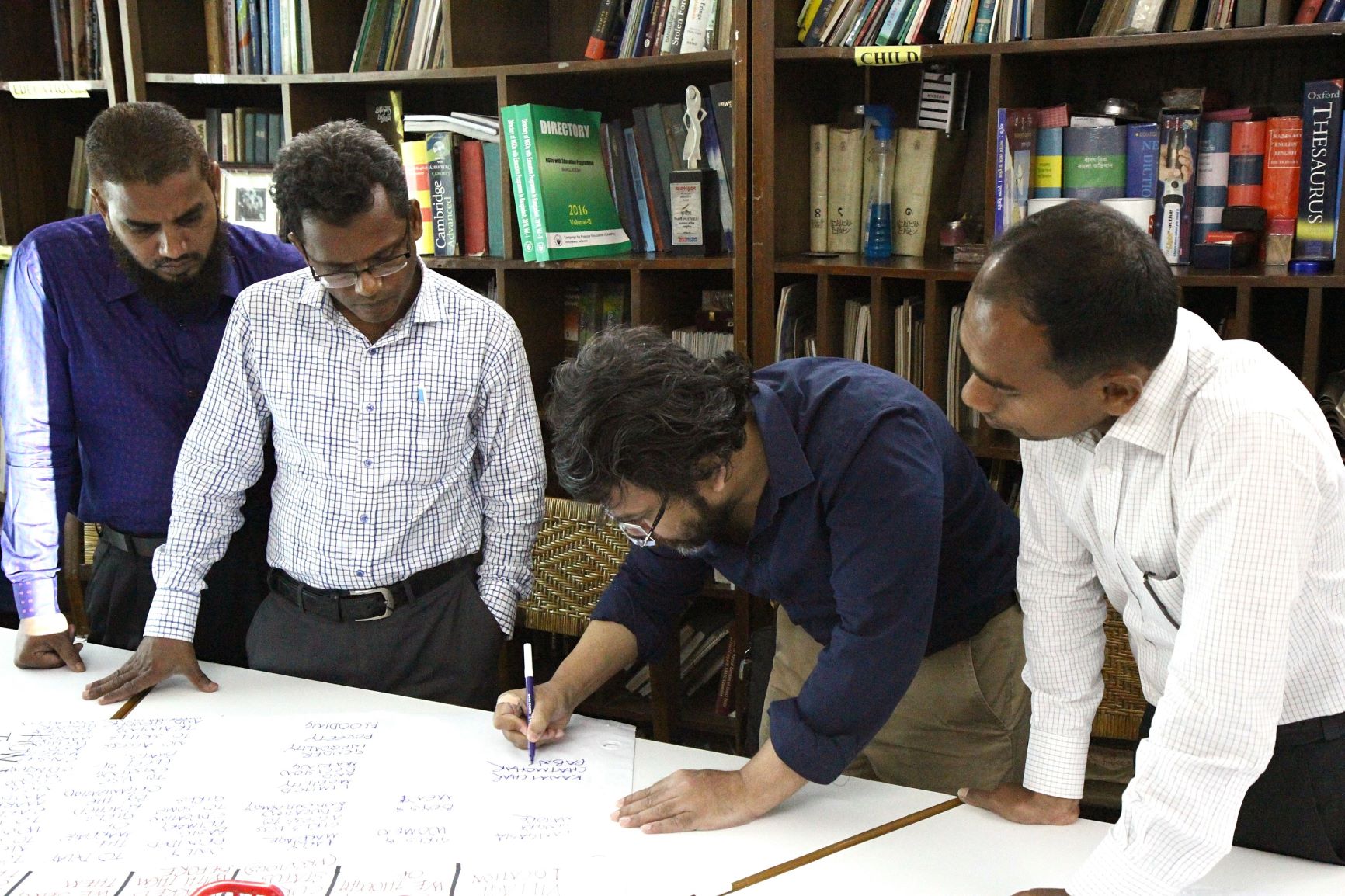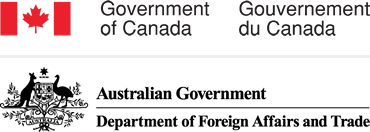Written and edited by Ms Frances Ferreira, Senior Adviser: Women and Girls at the Commonwealth of Learning. Written with submissions from Afzal Hossain (CMES), Minal Kiani (SPARC) and Chandrathiaka Liyanarachchi (WDC). Photo Credit: CMES, SPARC, SSS, and WDC.
As the COVID-19 pandemic continues to evolve across the world, we will be bringing you stories from brave women in the Commonwealth who are facing up to the challenges thrown at them and empowering their communities to emulate their never-say-die attitude.
COVID-19 has exposed the vulnerabilities in our social and economic systems and had a profound impact on the lives of women and girls in developing countries in the Commonwealth.
At present, more than 15.5 million cases of COVID-19 have been reported worldwide, with more than 600 thousand people who lost their lives and on the positive side, 8.87 million people recovered.
A complete lockdown was announced in Bangladesh, Pakistan and Sri Lanka starting from middle of March 2020 and by sharing our collective experience, we hope to encourage the reader.
Understanding COVID-19’s impact
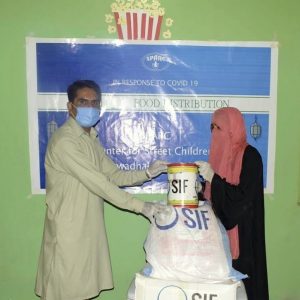
Most of the Civil Society organizations (CSO), took a short while to understand the context to develop a response to deal with COVID 19. Lock down, curfew, social distancing, quarantine, working from home, online meetings, distance education and stay at home are new experiences and became part of our vocabulary across the globe. In Sri Lanka, the Women Development center joined the CSO coalition to respond to COVID 19, and it became the focal point for the Presidential Task Force who were delivering services, to the most vulnerable groups and mobilizing resources to address the emergency needs. In Pakistan, SPARC immediately raised funds to offer assistance for those in need and severely affected by the pandemic.
COVID 19 with its devastating effects had some positive spin-offs such as the environment which could take a break from all man-made environmental pollution. It also brought out people’s creativity and the field staff of CMES started to conduct virtual training, on a limited scope, using Facebook, WhatsApp groups as well as the ZOOM platform.
Resilient Leadership
COVID-19 has brought out the best from almost everyone and pointed out the strengths and courage within themselves. So, it happens to be an opportunity to know ourselves better in a positive way and carry forward our mission of the project.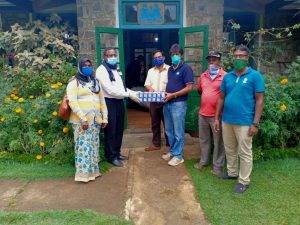
COVID 19 has brought out the best from almost everyone and pointed out the strengths and courage within themselves.
Jeyarina, GIRLS Inspire’s enterprise promotion officer in Sri Lanka’s Nuwara Eliya district, is among those doing everything in their power to make sure that their community thrives during these challenging times. Since the start of the pandemic, she volunteers with the public health inspector to monitor self-quarantined families and provides regular guidelines to keep them safe and healthy.
As part of her work with the Commonwealth of Learning’s (COL) GIRLS Inspire project, Jeyarina constantly connected with colleagues and communities through digital platforms, including Facebook, WhatsApp, and Viber. Her experience with these tools helped her to connect with members of her community who needed her support during the pandemic. The COVID-19 situation has also given Jeyarina’s community an opportunity to develop new initiatives and utilize new technologies for their own good. Besides using smartphones to educate women and girls in the community, they are also developing entrepreneurial skills and strengthening local economic policies and structures to unleash equal power for women and girls.
“Most families in our community are low-income earners whose earnings have been disrupted by the pandemic and many of them do not have enough savings to survive another day,” said Jeyarina. “But with the aid of online technology, there’s so much we can do to support them, especially women and girls, so they don’t feel much of the impact.”
Connecting despite social distancing
Online meetings and discussions became popular among the working communities. “My online meetings with COL was a good training and experience that prepared me for today’s challenges with the coronavirus pandemic,” one WDC staff member said. “We’ve used powerful online tools to educate our community and connect with those who need our help.”
In Pakistan, SPARC developed and distributed guides and manuals on different training courses including recording different videos and tutorials in which the trainers are demonstrating the different skills and techniques that can help girls to learn at a distance.
In Bangladesh, the graduates from the ICT literacy training prepared leaflets to share information on COVID 19 in their communities.
Working from home presented an opportunity for parents to connect with their children, families to connect with their environment with a renewed focus on home gardening and cleaning unused land to cultivate vegetables for the future consumptions.
Working with the communities
During this extraordinary and unprecedented time of COVID 19 we received great support from the community and the field staff showed a magnificent level of resilience as they continued to provide training using virtual means in a limited scope. SPARC has been making efforts to connect with the communities despite the lockdown and developed guidelines to apply when working with communities.
People in the communities have shown their support to CMES like before, so that we can continue and recover from the loss and delay of implementing the project activities.
Goal setting – life beyond COVID-19
As the Governments announced to gradually lift the lockdown partners have planned to resume the routine center activities while observing all the precautionary measures to avoid exposure to the virus. A minimum number of girls will be called to the center in alternate days to take the classes while maintaining a minimum distance of six feet and keeping in practice all the social distancing protocols. The focus would be more on effective connectivity, self-sufficiency, and successful business techniques.
This is good time to set goals for life beyond COVID 19. Encouraging local food consumptions and increased local production; Primary health care and knowledge on nutrition; Entrepreneurial skills must have for self-reliance and face challenges ;led social enterprises at village level to promote solidarity and building business network; Online counseling and help lines should be strengthened; Identify viable strategies to reached to unreached communities; Establishment of online business platforms.


